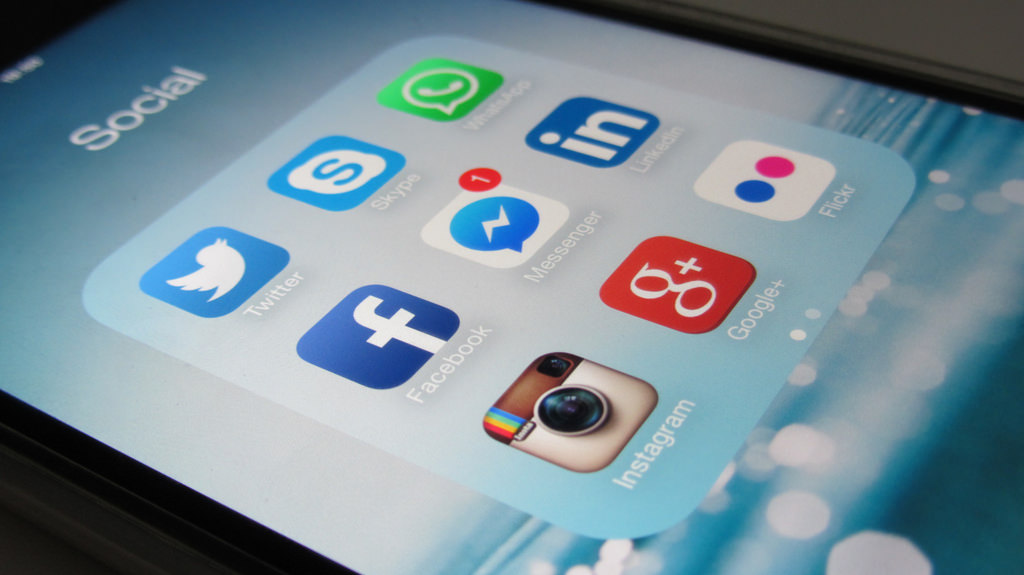Those damn kids are at it again.
America, a country filled with people from different cultures and walks of life, has once again managed to breed a generation of shallow, entitled people whose common denominator is lack of humility and poor work performance — or at least according to the older generation. Thankfully, we have the media to chronicle this phenomenon in contemporary society.
We’ve heard this story time and time again; the idea that today’s youth is worse than past generations has been recycled in various contexts — from young people’s place at work to their reliance on technology to their changing moral values.
Young adults have used social media to air grievances about the economy and crumbling social safety net, and it’s given older people ammunition to criticize the poor little young people whining on their damned smartphones.
A few years after the Great Recession, TIME magazine published a cover that read “The Me Me Me Generation: Millennials are lazy, entitled narcissists who still live with their parents.” The article claimed that millennials, people born between 1980 and 2000, both rich and poor, suffered higher rates of narcissism, materialism and technology addiction than ever before, while framing young people’s reduced mobility as the fault of a flawed culture.
But things are a little more nuanced than that. Most media outlets that spoon-feed this narrative fail to take into account historical context and the simple fact that pop culture is a fluid part of society. For example, household televisions were rapidly embraced, much like the iPhone. The number of household televisions increased from 0.4 percent in 1948 to 55.7 percent in 1954 and to 83.2 percent four years later.
Young people’s economic frustration is portrayed as a lifestyle choice across media outlets, while politicians try to make people believe societally inherited disadvantages aren’t real and promote policies at odds with the views of many millennials (see: Brexit).
TIME magazine’s story, along with various other media outlets lamenting at a history of participation trophies, attempt to capture the feelings of frustrated adults and parents who would rather point the finger and say, “I had it worse than you,” than recognize the efforts of today’s generation.
Millennials are more likely to attain higher education, according to 2014 research from the Pew Research Center. Twenty-seven percent of millennial women had completed at least a bachelor’s degree compared to 7 percent of the silent generation and 14 percent of baby boomers around the same age.
Men don’t fare much differently, as 21 percent of millennial men had at least a bachelor’s degree in 2014, compared with 12 percent and 17 percent of their silent and baby boomer counterparts, respectively. However, 78 percent of men amongst the silent, boomer and Generation X age groups were employed at ages 18 to 33, compared to 68 percent of millennial men.
Despite pursuing more education, young Americans tolerate fewer earnings. Millennials wed at lower rates and forgo what were once considered basic needs such as banks, homes and even health insurance. According to data from the Transamerica Center for Health Studies, nearly 50 percent of millennials struggle to pay for their healthcare, opting to minimize costs by skipping, delaying or stopping care.
The economic suffering caused by the Great Recession has shaped both younger and older Americans. When unemployment hit a 26-year high in 2009, millions of older Americans found themselves delaying retirement and competing with young people for entry-level jobs. Rising tuition did not only impact students but also many parents, who had to pay to care for their children reclaiming their bedrooms after four years of independence to pay off student debt.
Fortunately, things have improved since then. According to the Bureau of Labor and Statistics, unemployment has hit a 16-year low at 4.3 percent, demonstrating that young people do feel the urgency of having a good work ethic. Instead of breeding resentment amongst age groups, we should embrace where our dilemmas overlap and work together for policies that improve the future.



